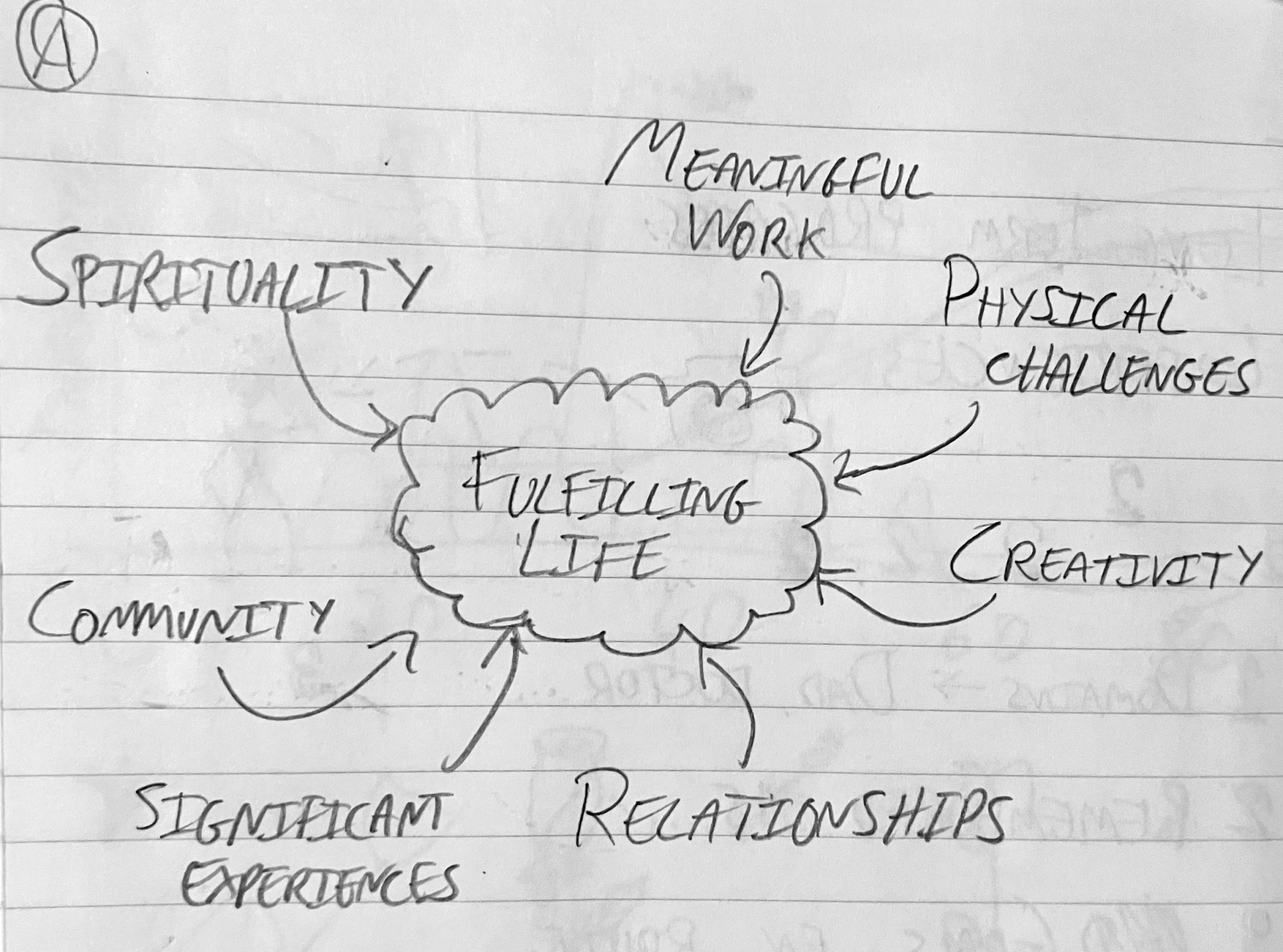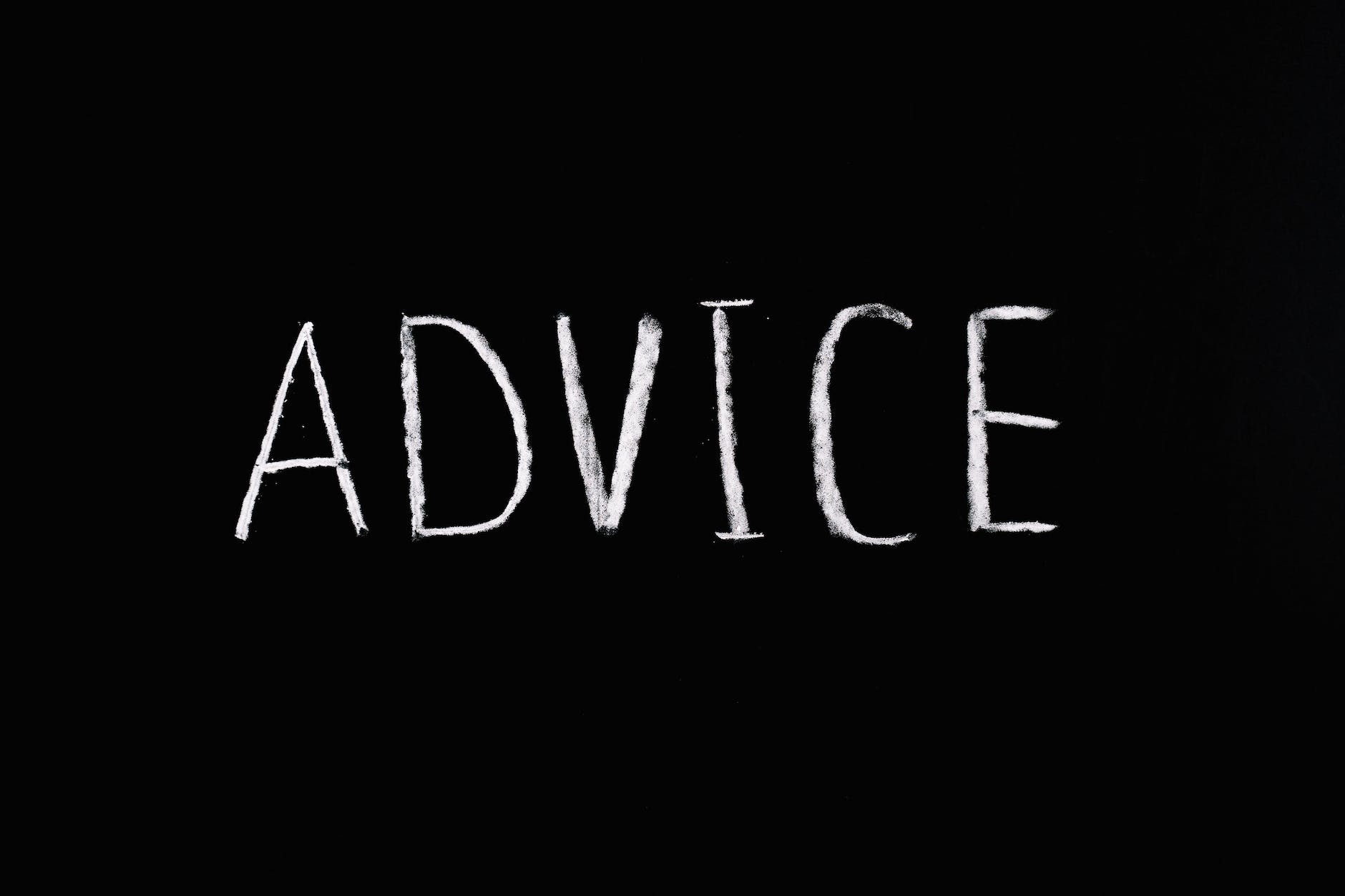TL;DR:
- Know what you want to get out of it
- Email supervisors who you are interested working with
- Get individual advice for funding for dedicated research time
Before launching into the how, I suggest clarifying why do research. For me:
- Fun
- Intellectually challenging
- Make a significant contribution to a field
- High degree of autonomy
- Continuous progression and variety
[The ‘how’ of research is whatever it takes to facilitate this, typically: time, funding, a good question, resources, etc. (And finally there is the nitty gritty; the ‘what’: PCRs, study visits, lab meetings, consent etc.)]
Three things to decide:
- Your desired outcome is from ‘doing research’, for example:
- Know if you want to do more
- Get funding to be paid to do a dedicated research block
- Have a long-term career that involves doing research
- “Get a paper” to support job applications
- General ‘kind’ of research
- Wet lab (i.e. physically in a lab working with samples, pipetting etc)
- Dry lab (i.e. data on a computer)
- Clinical trial (i.e. physically seeing study patients taking consent, blood etc)
- How big commitment you want/are able to make
- Duration / scale: taster (few months), substantial paper, MD/PhD (2-3 years)
- Time: outside of normal working hours, dedicate research block
These are not independent options e.g. you can’t do a substantial wet lab project outside of normal working hours.
Wet lab projects and clinical trials need to be done within normal working hours. I’d say you’d need at least 2 weeks (not necessarily consecutively) to get a meaningful taster. Therefore, if you work full-time you will need to find a way to get a taster. E.g. zero days, annual leave. It is slightly easier during medical school holidays, electives, ‘reading weeks’ etc. It is not easy if working full-time clinically. The Academic (Specialised) Foundation Programme is great for this. [Clinical trial work is often more intermittent, i.e. research patients often don’t come every day. So if you put aside two consecutive weeks you may not see 10 days of action. The PI will help you make a plan.]
Dry lab work can be done outside normal working hours and will likely take (>1 month) if not doing full-time
“I haven’t done any research before and I just want to see if I like it”
Getting a taster of wet lab science or a clinical trial
- Look up PIs near you who are doing work that sounds interesting (via university websites, then read a couple of their recent papers).
- PI = Principal investigator = the supervisor giving overall direction to the research project.
- Email them saying that you are looking to get a taster by observing in their lab for a couple of weeks or doing a mini-project. Keep (politely) emailing people if they don’t reply.
- Make a plan
- Do the work
Getting a taster of dry lab science
This is an enormous breadth, including: systematic reviews / meta-analyses, genetics & genomics, protein structural modelling, public health & epidemiology etc.
- Look up PIs near you who are doing work that sounds interesting
- Email them saying that you are looking to get a taster of dry-lab work by doing a (mini-)project.
- Make a plan
- Do the work
It may seem ‘easier’ to get a taster of dry lab work but it is probably harder to get a very small taster because there isn’t much you can ‘observe’. [No-one really watches someone else re-arrange a data table.] You generally need to take on a (small) project. This can mean it takes longer to get up to speed.
Therefore, I suggest just committing to a dry lab project and giving it a good go. The key consideration is how big you want it to be. Have an honest discussion with your PI about what you want. E.g. 2-3 hours a week for a few months, 7-8 hours a week for a year, etc. Once you agree how long it will take, multiply it by 2-3x. Everything takes longer than you anticipate.
In general, the bigger the project you undertake, the greater the potential output in terms of CVable stuff (e.g. papers/presentations), though nothing can be completely guaranteed. Hence the importance of knowing what you want to get out of it. Be upfront with your PI if you ‘need’ a paper out of a project.
“I want to be paid to do a dedicated block of research”
Being paid to do research requires funding. For a clinician (with higher salaries than most non-clinical scientists) you are unlikely to be just ‘given’ funding by a PI. So, it means going out and getting someone to pay your salary whilst you do research.
The best way of this is to get onto an Academic (or ‘specialist’) Foundation Programme (SFP) or an Academic Clinical Fellowship (ACF). My interpretation of the aim of each is:
- SFP: get a better idea of whether you want to do a PhD/MD and what kind of research in
- ACF: collect preliminary data for a fellowship application for a PhD/MD
If not, it is about applying for funding and the general process will be:
- Have previously done some kind of taster in research
- Look up PIs not necessarily near you who are doing work that sounds interesting
- Email them saying you want to do a significant piece of research, which would need a funding application
- Work with your PI to get some preliminary data to go into the application
- Write the grant/fellowship application.
- Keep on applying after getting rejected.
- Get the funding.
- Do the work
Some PIs will be more familiar than others with funding options for clinicians at your particular stage. The best scheme to apply to will depend on what you want to do and where you are in your career. For example:
- If you have some previous experience but not got an ACF then there are schemes like this from NIHR that give 12 months research time to “build an application” (i.e. collect preliminary data) for a PhD or MD. There are local schemes like this too, and some for 3- or 6-months.
- If you have a really strong CV and your supervisor has suitable preliminary data they are willing to just give you then you could apply directly to a PhD fellowship scheme like this from MRC. Most people need a dedicated period of time in a lab before getting an independent fellowship, certainly to help understand the techniques.
- There are some PhD fellowship schemes like the GW4CAT where you can apply directly without necessarily having your own full set of preliminary data. My experience from the PhD programme I did was that most successful applicants had a really good understanding of their proposal, which often meant they had spent time in a lab before.
I haven’t given it its own heading here, but if you want a long-term career in research then start small and build up. You must do a PhD or MD.
“I want to get a paper”
“Get a paper” might be part of ‘why do research’ people. That isn’t really the focus here. Be very careful about embarking on research with that as a sole goal because it is hard to predict how a project will pan out. The timeline is also highly uncertain – papers can be ‘under review’ for more than a year. So, if you ‘need’ a paper before you submit to a job, you probably need to start two years ahead. Of course, sometimes you people will write a quick narrative review and get it accepted somewhere in a few months. I haven’t included ‘narrative reviews’ as ‘doing research’ because I don’t think it will help you understand what it is like to commit to a long-term clinical-academic career. Yes, it is probably the fastest way to get published: ask a PI if they will help you write a narrative review (or if they have been invited to submit one somewhere), write a draft, edit it with them, and submit.
Important points
- If you have tried one kind of research (e.g. wet lab) and didn’t enjoy it, you may absolutely love a different kind (e.g. clinical trial). So, if you have had a negative experience but still like the idea of doing research, get another taster in something different.
- Medical school is the ideal time to get a taster in wet lab science or clinical studies that require you to be there during working hours. It becomes harder to get time 9-5 to get a feel for lab research if you want to when working clinically
- Finding a research lab and supervisor is a bit like dating. You do not need to settle down (e.g. do a PhD) with the first group/PI you meet. Be honest and polite saying that you want to try more things before committing to a substantial project.
- Do not be scared of ‘coding’. JFGI, use YouTube to teach yourself, and ChatGPT to troubleshoot.
- I do not suggest doing a “go through these 500 sets of paper notes and we will see what their xyz is at each clinic”-type project unless you are really excited about it and absolutely sure your supervisor will help you get your desired outcome. These projects are often dull, rarely produce major contributions, can be hard to publish, and can turn people ‘off’ research.
- I realise that I have generalised and simplified throughout this blog.
- Never do research with the sole aim of ‘getting a poster at a conference’. This is unlikely to be a truly meaningful contribution to the field. Do research to get experience, get preliminary data, or do a significant piece of work that should be publishable. If it can make a paper, you’ll get a poster/presentation. If you only aim for a poster, its scope may be too small to get a paper. Know what you want to get out of your time.
- It is possible to start out a research career as a consultant, but many funding schemes are limited to trainees so it is more challenging. I am not as well versed in this so I suggest taking advice from someone who has done this process.
- In general, don’t worry about getting OOPR time if you have got research funding. Provided that you’ve never had problems with passing ARCPs, then deanery are very supportive of people going out of programme, provided that they have funding to do so. But you will need to get the money first.
Also see:
How I picked my research field [Blog 016]
Clinical-academic careers: PhD decisions [Blog 011]
Why I am researching bile duct diseases
The ripple effect of early choices: Understanding the long-term impact on your career [Blog 012]



